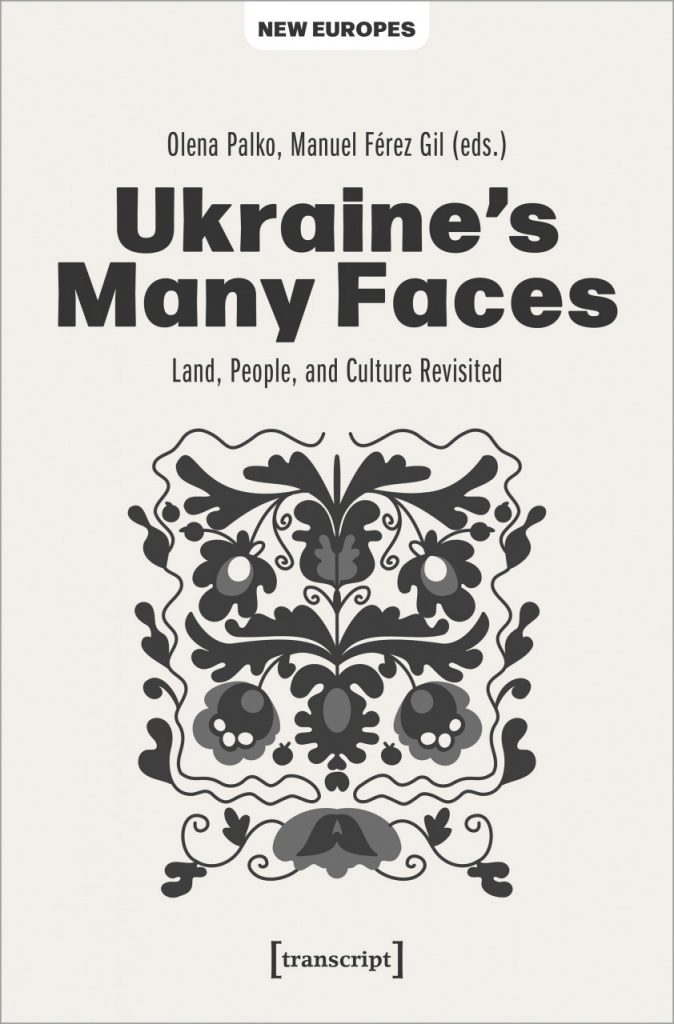UNE book series “New Europes”

Launch: 2023
General editorial board
Jan Behrends, Dina Gusejnova, Alexander Etkind, Mykola Makhortykh, Andrea Petö, Ellen Rutten, Dorine Schellens, Philipp Schmädeke.
Advisory board
Ayşegül Altınay, Aleida Assmann, Gruia Badescu, Paul Betts, Ilya Kalinin, Bill Kissane, Pavel Kolar, Eva Michaels, Andrei Portnov, Olena Palko, Luisa Passerini, Andryi Portnov, Ksenia Robbe, Jay Winter, Vasily Zharkov, Tatiana Zhurzhenko
Since 24 February 2022, we have been living in a new world, a world dominated by Russia’s war in Ukraine. However, in reality the present crisis is only the culmination of decade-long conflicts and wars both in the region and in the post-Cold War world. In the face of thousands of civilians who have become targets of this horrendous violence and millions of displaced refugees, Europe’s international order since 1989 requires rethinking. We believe that military expertise must be paired to and complemented by a rigorous reform of the way Europeans understand Eastern Europe in global contexts. The Russian invasion of Ukraine has led to an acute crisis which added to other, more continuous threats such as the management of public health, the climate catastrophe, and an aggressive authoritarianism.
Edited by a group of scholars from History, Political Science, Gender Studies, and Literary Studies, the book series is intended to provide a focal point for this network of expertise in the area of the Social Sciences and Humanities. It aims to serve three sets of readers: the general public interested in contextualising the present conflict; readers seeking to deepen their expertise of modern European society in global contexts; and those involved in education at the level of schools as well as higher education, looking for inspirations and approaches in research and teaching of European history.
Out now!

Ukraine’s Many Faces
Land, People, and Culture Revisited
Olena Palko / Manuel Férez Gil (eds.)
Russia’s large-scale invasion on the 24th of February 2022 once again made Ukraine the focus of world media. Behind those headlines remain the complex developments in Ukraine’s history, national identity, culture and society. Addressing readers from diverse backgrounds, this volume approaches the history of Ukraine and its people through primary sources, from the early modern period to the present. Each document is followed by an essay written by an expert on the period, and a conversational piece touching on the ongoing Russian aggression against Ukraine. In this ground-breaking collection, Ukraine’s history is sensitively accounted for by scholars inviting the readers to revisit the country’s history and culture.
With a foreword by Olesya Khromeychuk.
Release date: 6 July 2023 (open access)
Endorsements
“The thought-provoking contributions in this volume will clarify some of the unfamiliar pages of Ukrainian history and identity. They shed light on the origins of the complex identity of Ukraine, its imperial past, the contradictions of the interwar Soviet period, and the present, showing that modern war is not accidental or caused by the sick imagination of one person. The reader has the opportunity to see in the actions of the Russian aggressor a kind of attempt to reconstruct the Soviet period of nation-building in Ukraine during the interwar period, to understand the reaction of the Ukrainian people as another attempt to protect its independence and freedom.” (Olga Ryabchenko, Professor, Head of the Department of World History at the H. Skovoroda Kharkiv National University and Visiting Scholar, University of Cambridge)
“There is no other comparable publication on Ukraine with this specific methodological approach. Ukraine, its history and present, has to be (re)introduced to anglophone Non-Ukrainians ‒ and this not only in the light of the ongoing Russian war of aggression against this largest country of Europe but with regard to Ukraine as a sui generis case of European-type statehood and national identity. Each of the three sections is divided into ›primary sources‹, ›conversation pieces‹ and ›analytical articles‹. A particular strength are the ›conversation pieces‹ in the three section is the didactic value of the book. This makes it also an excellent textbook for highschool and university teaching.” (Stefan Troebst, Professor of East European Cultural History, Leipzig University, former Deputy Director of the Leipzig Centre for the History and Culture of East-Central Europe, GWZO)